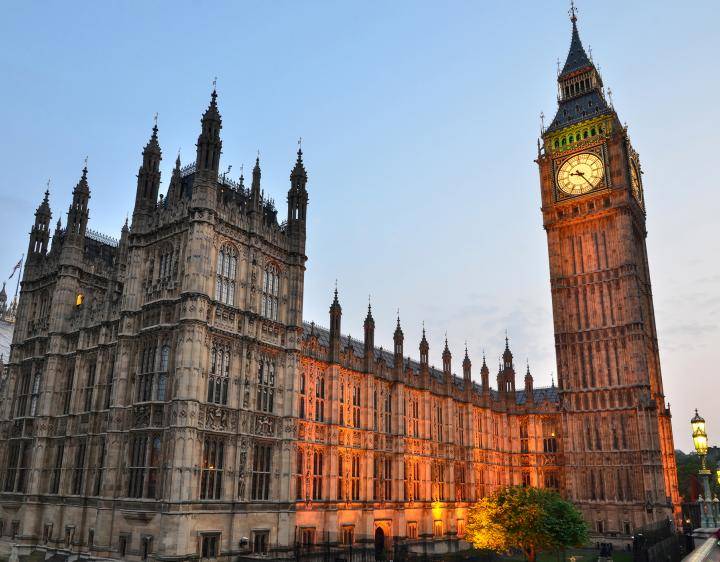
The current General Election campaign in the UK is unusual in many ways. It is the first general election to happen during December since 1923. Many constituencies that were considered ‘safe’ seats are now thought to be ‘marginal’. Most remarkable of all is the emergence of climate change in the political mainstream.
Climate change – and the wider environmental agenda – has been an electoral issue in the UK before. Typically, this has been fleeting and usually only in European or local elections. The Green Party, for example, garnered 14.5% of the vote in the European election in 1989. But in the 1992 General Election, their share of the vote slumped to less than 1%.
Concern about the environment is now at the highest level on record. 27% of UK voters cite the environment as one of the top three issues that concerns them.1 While still behind Brexit and health, this is ahead of crime and the economy. The environment is even more important to younger voters. 45% of 18-24 year olds put the environment as their second biggest concern after Brexit. This picture is reflected globally. 68% of people across 26 countries see climate change as a major threat to their country.2
So it is perhaps not surprising to see the topic feature prominently in almost all of the Party Manifestos. There are of course differences in tone and ambition between the parties. The Labour Party have the most ambitious plan of the main UK-wide parties. Their plan calls for a Net Zero Carbon (NZC) target by the ‘2030s’. A goal that will require 7,500 homes to be subject to major energy efficiency retrofits every day for the next ten years.3 The Conservative Party has a NZC target of 2050.4 Their policies are less detailed and less ambitious. Nonetheless, they will still involve transformative change over this period.
Watching the television debates and panel events, many politicians appear to be relative novices on these issues. This stands in clear contrast to the in depth approaches taken by many in the private sector. Many of WHEB’s portfolio businesses have already set out detailed targets. CVS Health, DSM, Johnson Controls and Kingspan have had these targets endorsed by The Science Based Targets initiative.5 The insulation business Kingspan has set itself a target to get all its energy from renewables by 2020.6 The company is also of course set to benefit enormously from efforts to upgrade the energy efficiency of buildings in the UK and elsewhere.
WHEB Asset Management recently announced our own commitment to be a NZC business by 2025.7 As an office-based business this commitment is relatively straight-forward. Just as important, we are also committed to pushing our portfolio companies to do more, and to do it more quickly.8
In our view, much of the private sector is well ahead of the UK political parties on climate change. Concern among the general public has persuaded most parties to upgrade their commitments. If these commitments are kept, the UK will have to take radical action to tackle climate change whoever wins the election. The next five years will be critical – and this election will set the UK’s course in that time. As the ex-Labour Minister Alan Simpson put it at a recent event, “What happens in the next Parliament determines everything.”
1 https://www.thealternative.org.uk/dailyalternative/2019/11/16/climate-election-polls-yougov
3 https://labour.org.uk/wp-content/uploads/2019/11/Real-Change-Labour-Manifesto-2019.pdf
5 https://sciencebasedtargets.org/
6 https://www.kingspan.com/group/about/sustainability/net-zero-energy
7 https://wheb.clientprojects.co.uk/wheb-commits-to-be-a-net-zero-carbon-business-by-2025/
8 For example we are a founder member of the Net Zero Carbon 10 initiative (https://p1-im.co.uk/research-articles/net-zero-carbon-10-nzc10/)
